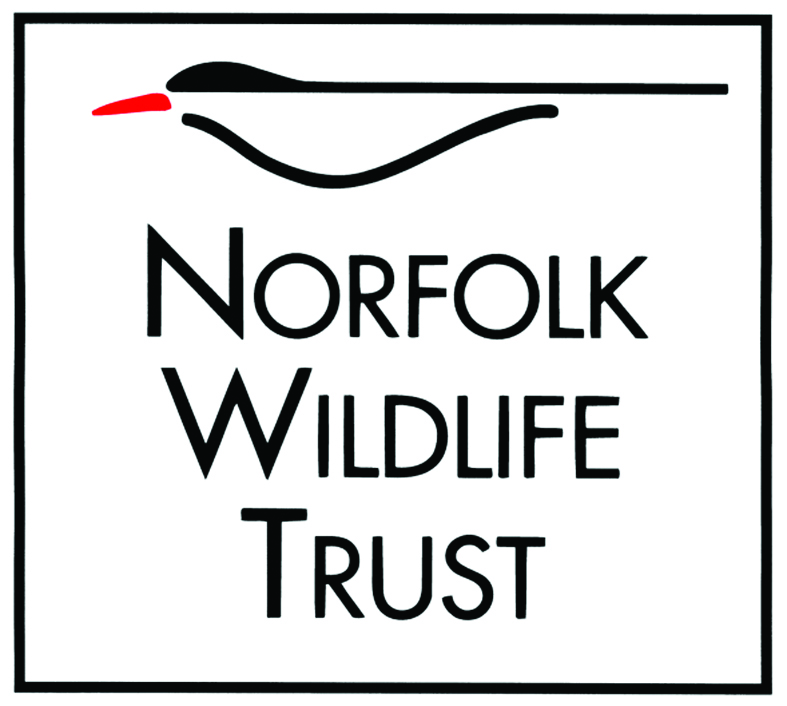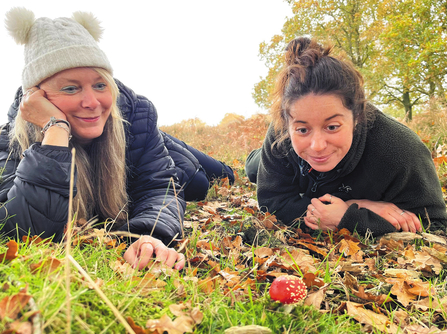West Norfolk's greensand ridge would once have supported an almost continuous chain of vibrant, biodiverse peatlands. Most of these have been destroyed due to a combination of drainage, conversion to agriculture or forestry, and a lack of active management. Despite this, the area still supports a globally important series of fens.
In recent decades, air pollution (mainly from airborne nitrogen compounds) and climate change have damaged these peatlands, leading to the loss of many of the rare and threatened species they support, as well as causing the peat to release the carbon it has stored over hundreds of years.
The Restoring West Norfolk's Peatlands for All project was funded by the UK Government through the UK Shared Prosperity Fund. Its aim is to help bring together local communities to help restore damaged areas of peatland on NWT's Roydon Common, Tony Hallatt Memorial Reserve and East Winch Common.
As a result of the project we have more than doubled our West Norfolk volunteer team. We now have an active team of 23 Peatland Champions carrying out survey and monitoring work, as well as practical management across these reserves.
The project has provided training, enabling volunteers to learn new skills, and many have formed new connections within their local communities. Learning about plant and fungi identification, as well as bird surveying techniques, has empowered our volunteers to fill in gaps in our surveillance programme, focusing on lesser-studied groups of species throughout seldom-trodden areas of the sites.
Julie Smart is a long-term Livestock Checker for NWT. 'I have always been passionate about fungi,' she tells us, 'but the training provided has enabled me to improve my knowledge of this fascinating group. I now carry out surveys with a team of other volunteers. It has been great to meet up with like-minded folk and to know that the records I collect will help to improve our understanding of the reserves and feed into how they are managed.'


